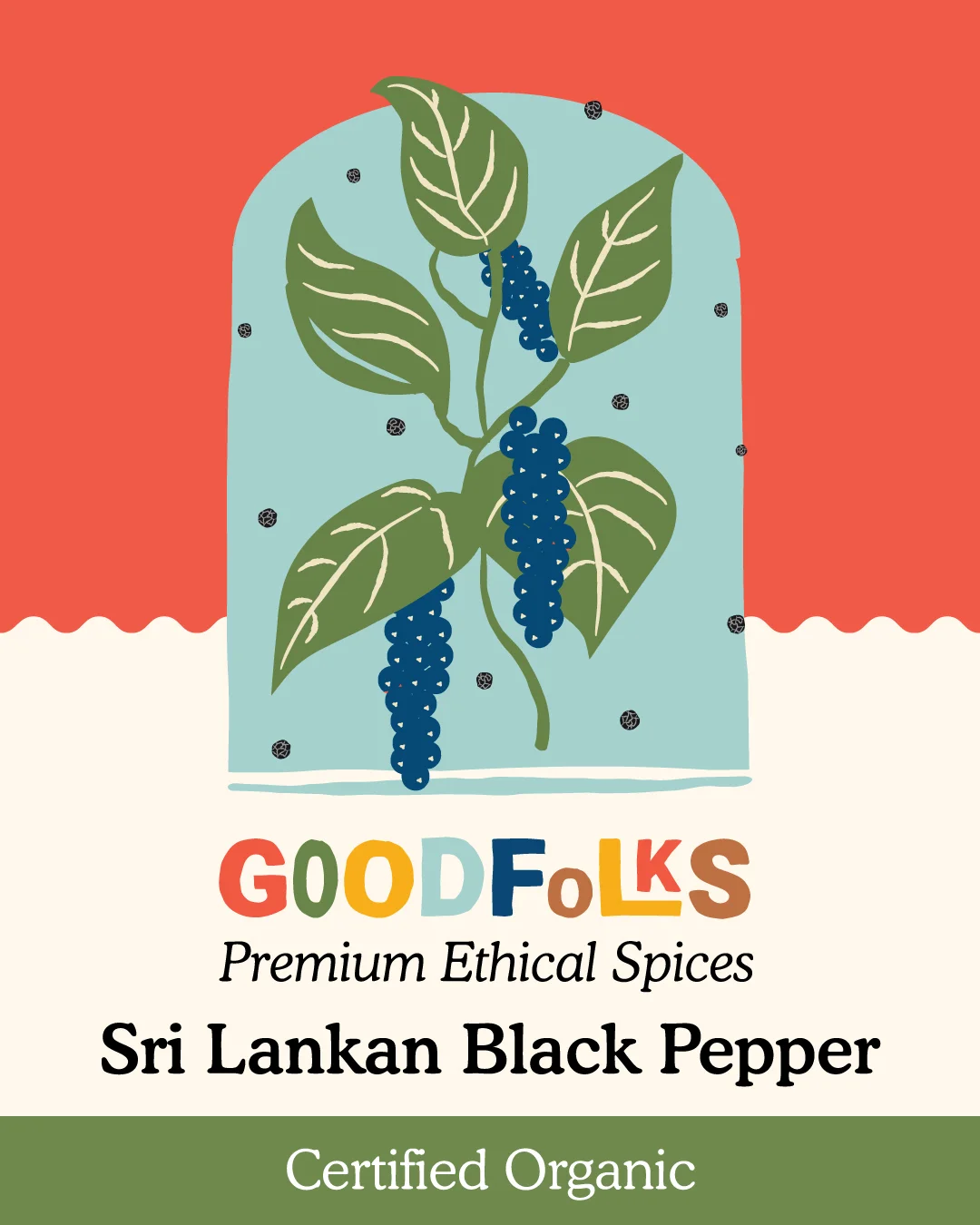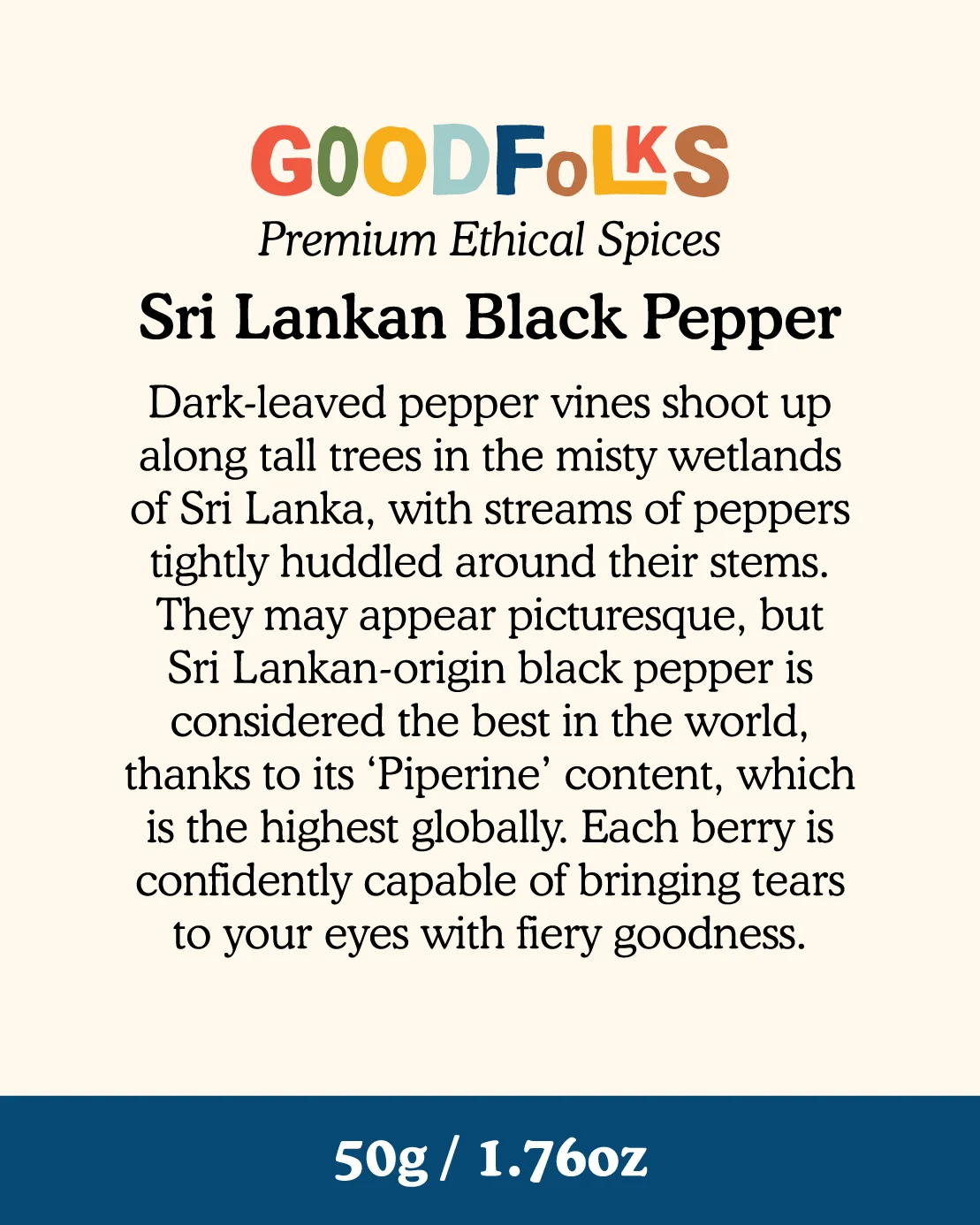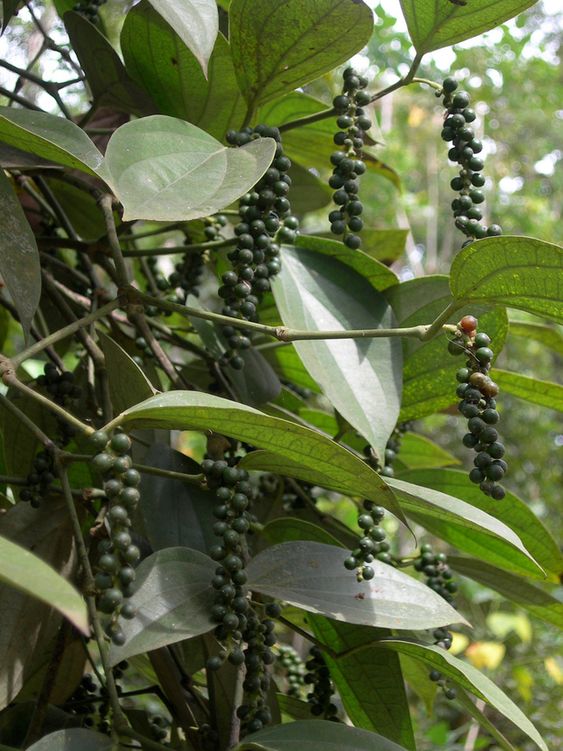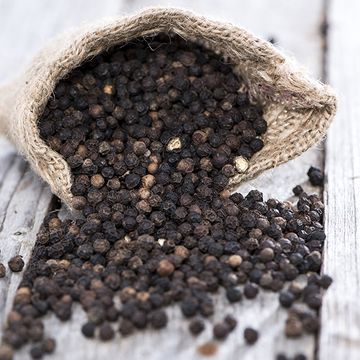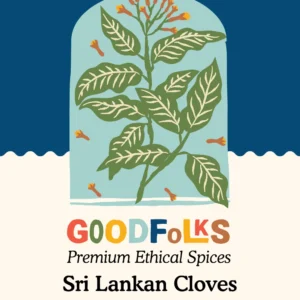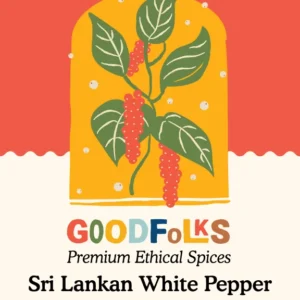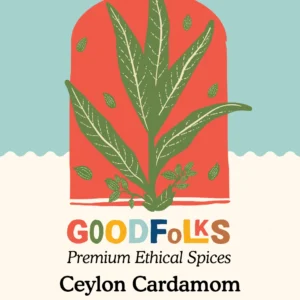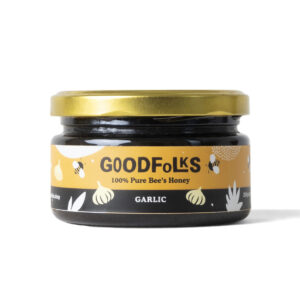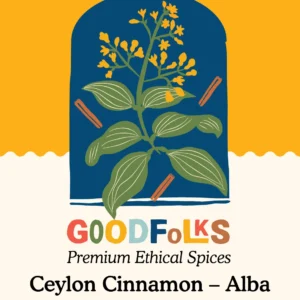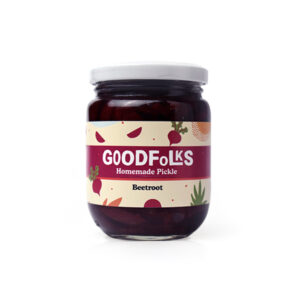Description
Organic black pepper from Sri Lanka (formerly known as Ceylon) is considered to be among the best when comparing with black pepper from other parts of the world. Ceylon Black Pepper is esteemed for its unique flavor profiles, shaped by the island’s diverse geography and cultivation practices. Let’s delve deeper.
The history of Sri Lanka Black Pepper
Nestled in the Indian Ocean, Sri Lanka, often referred to as the “Spice Island,” has left an indelible mark on the global spice trade for centuries. Among the multitude of spices that have flowed from this island nation, black pepper stands tall as a testament to Sri Lanka’s historical significance, unique geography, and enduring excellence in spice production. Dating back to ancient times, Sri Lanka’s strategic location made it a crossroads for trade between East and West. This positioned the island at the heart of the spice trade routes, connecting the spice-rich East Indies with Europe and the Middle East.
Black pepper, Piper nigrum, historically dubbed the “King of Spices,” found its way to Sri Lanka through a combination of natural suitability and human exploration. The tropical climate, ample rainfall, and diverse terrain provided a fertile ground for black pepper cultivation. Legend has it that it was brought to Sri Lanka by a shipwrecked Indian prince who discovered the spice’s potential in the island’s soil. Soon after, the Sinhalese people recognized its economic value and incorporated black pepper into their agriculture.
Today, Sri Lankan black pepper is revered for its exceptional quality, flavor, and aroma. Its success is attributed to a combination of factors.
Did you know?
- Sri Lanka consistently ranks among the top exporters of black pepper globally, indicating its widespread demand and reputation for quality.
- Celebrity chefs like Gordon Ramsay and Jamie Oliver have acknowledged the distinctiveness of Sri Lankan spices, including black pepper, in their recipes and endorsements.
- The increasing demand for organic and sustainably sourced products aligns with Sri Lanka’s approach to black pepper cultivation, which emphasizes regenerative agriculture and organic practices.
- Sri Lanka offers unique black pepper varieties like Malabar Garbled Special Extra Bold (MGSEB) and Tellicherry Garbled Extra Bold (TGEB), which are often praised for their bold flavors and rich aromas
- Sri Lankan black pepper is known to have a higher essential oil content, contributing to its potent aroma and rich flavor profile.
- Sri Lankan black pepper often finds its place in high-end gourmet markets, showcasing its premium status and desirability.
But what makes Sri Lanka Black Pepper truly Unique?
- Microclimates and Soil Diversity: Sri Lanka’s varied geography, from coastal regions to central highlands, provides distinct microclimates and soil types ideal for cultivating diverse pepper varieties. This results in a wide range of flavors and aromas that cater to discerning palates.
- Generations of Expertise: The knowledge of pepper cultivation has been passed down through generations, refining techniques and practices to maximize quality. This deep-rooted expertise is a cornerstone of Sri Lanka’s spice legacy.
- Global Demand for Excellence: In present times, the world’s culinary artisans, chefs, and spice enthusiasts recognize the value of Sri Lankan black pepper. Its pungent yet nuanced taste, along with its historical significance, make it a sought-after ingredient that elevates dishes to unparalleled heights.
But why use Black Pepper?
Black pepper has become quite the staple in international cuisine. But buyers of Goodfolks Organic Black Pepper tend to be gourmet chefs and customers seeking that level of exceptional taste and quality. What is it they are looking for? Why are they turning to Sri Lankan black pepper when they want their creations to pop?
Well here are a few points to consider:
Flavor Enhancement:
- Black pepper adds a distinctive, pungent flavor to dishes, enhancing the overall taste profile.
- Its mild heat and earthy undertones complement a wide range of ingredients.
Aromatic Depth:
- The essential oils in black pepper contribute to its aromatic qualities, enhancing the olfactory experience of a dish.
- Its aroma can elevate both savory and sweet dishes.
Versatile Use:
- Black pepper is incredibly versatile and can be used in a variety of cuisines and dishes.
- It enhances the flavor of meats, vegetables, sauces, soups, stews, and even beverages.
Balancing Sweetness:
- In certain sweet dishes, a pinch of black pepper can balance out the sweetness, adding complexity and depth.
Digestive Aid:
- Historically, black pepper has been used to aid digestion and alleviate gastrointestinal discomfort.
- Its properties may help stimulate the production of digestive enzymes.
Preservative Properties:
- In ancient times, black pepper was used as a preservative due to its antimicrobial properties, which helped extend the shelf life of foods.
Complements Other Spices:
- Black pepper is often used in spice blends and recipes alongside other spices to create well-rounded and harmonious flavors.
Warmth and Comfort:
- The warming sensation of black pepper can add a comforting element to dishes, especially during colder seasons.
Color Enhancement:
- In some dishes, a sprinkling of black pepper can add a touch of contrast and visual appeal, enhancing presentation.
Medicinal Traditions:
- In addition to its culinary use, black pepper has been valued for its potential health benefits in traditional medicine systems.
Modern Science Validation:
- Recent studies have supported the notion that black pepper’s compound, piperine, may enhance nutrient absorption and possess other health-promoting properties.
Goodfolks sources Sri Lanka Black Pepper or Ceylon Black Pepper from Organic Certified farms from major black pepper growing regions. Goodfolks also maintains its own farmer network under its Regenerative Agriculture programme where natural farming is encouraged and produce is sourced primarily from home gardens and small estates.
Black pepper is sourced/harvested with close attention to the ideal methods recommended by experts (Ex: only fully ripe berries are harvested for use as black pepper). These are then transported via the railway network (to reduce carbon footprint) to our ISO Certified Processing Centre in Polgahawela.
We offer the following formats for Organic (and/or) Regenerative Agriculture based Black Pepper from Sri Lanka:
- Whole black pepper
- Ground black pepper
- Crackled black pepper
- Black Pepper Oil
- Black Pepper Extract (Piperine)
- Black Pepper Blends & Sauces



